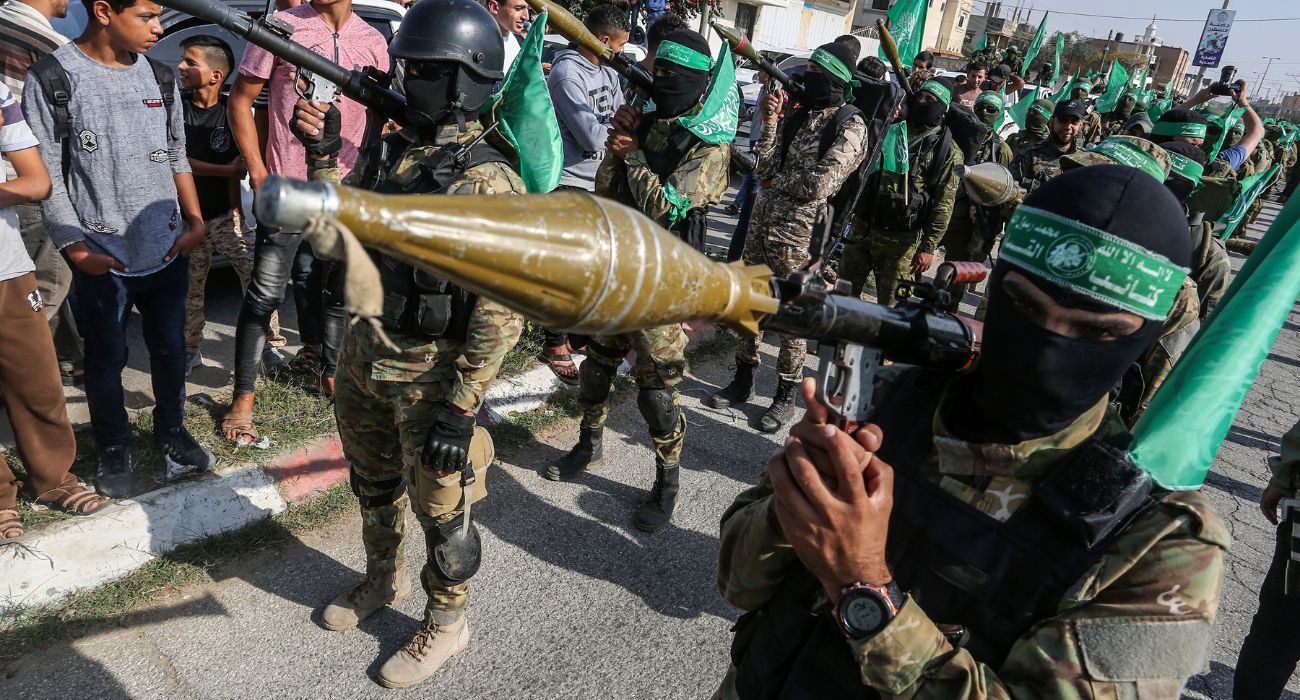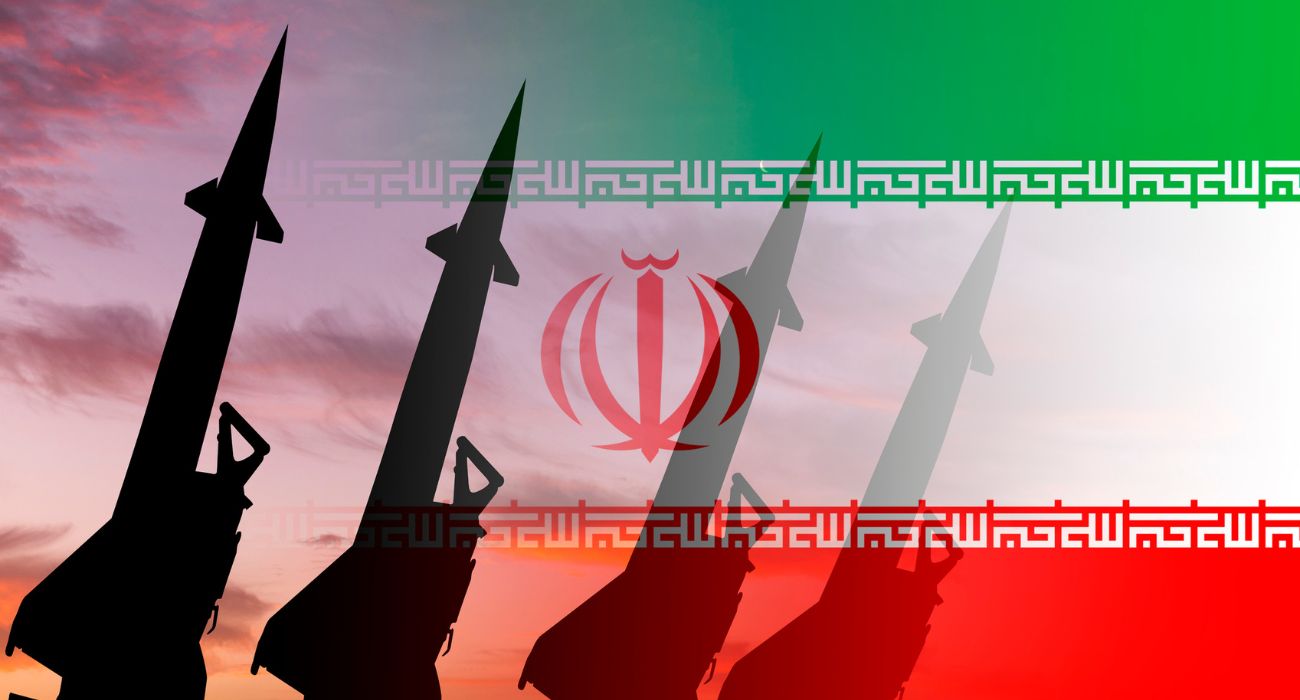Increased tensions between Israel and Hamas spilled over into an exchange of military fire last week between Israeli forces and Hamas-aligned militants operating in Lebanon, raising the stakes in an already volatile geopolitical landscape.
The ordeal started on Wednesday when Israeli police raided the Al-Aqsa Mosque in Jerusalem’s Old City. Israeli authorities reported that they were trying to arrest “law-breaking juveniles” who had allegedly been throwing rocks and fireworks.
Amid escalating violence, Hamas eventually fired rockets into Israeli territory, AP News reported.
On Thursday, militants fired more rockets into Israel, but this time from Lebanon. The Israeli military responded in kind on Friday, launching missile attacks on Lebanese territory — targeting what they assert were Hamas military installations — and continuing bombing operations in Gaza.
Commenting on the rocket barrage fired out of Lebanon, Daoud Shehab, a leader in the Palestinian militant group Islamic Jihad, told Al Jazeera, “In light of the high frequency of Israeli threats and attacks against our refugee people in Lebanon and Syria, we have military formations whose mission is to defend our people if they are exposed to any Israeli aggression.”
The military engagements came at a culturally sensitive time in Israel when Jews and Muslims celebrate their respective religious holidays during Holy Week.
Additionally, the country has been going through weeks of social turmoil over Prime Minister Benjamin Netanyahu’s controversial move to institute significant changes to the country’s judicial system, as previously reported in The Dallas Express.
Further complicating the present military situation, thousands of reservists had been participating in protests against the prime minister’s attempt to reform the judiciary, prompting a rebuke from Netanyahu on Monday following reports that reservists might go on strike.
“When our enemies see the call for refusal, they interpret it as a weakness of our national resilience,” Netanyahu said, suggesting that such a thing would embolden the country’s enemies to attack, according to Haaretz.






